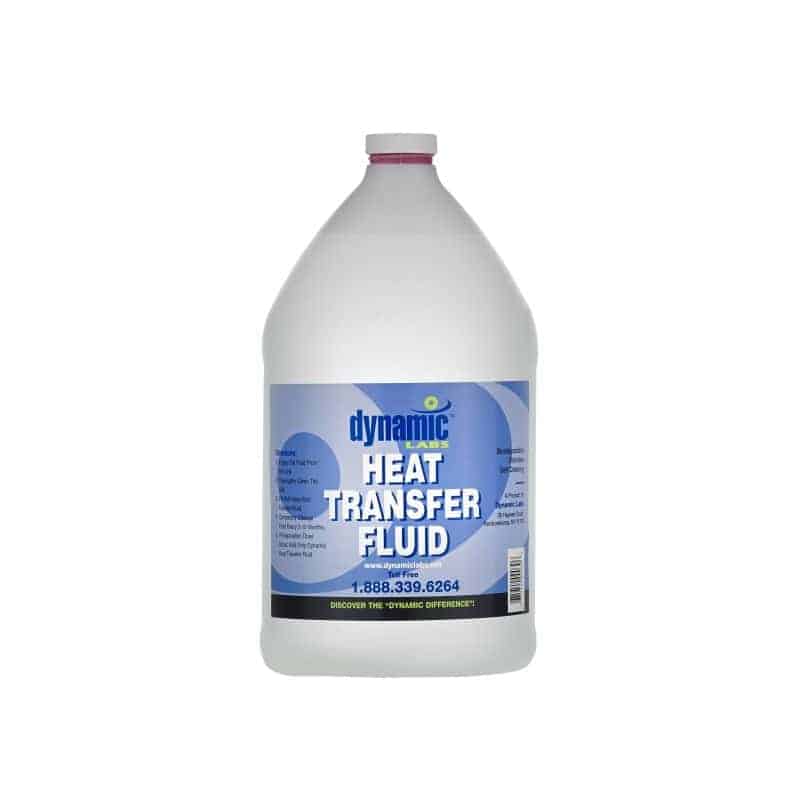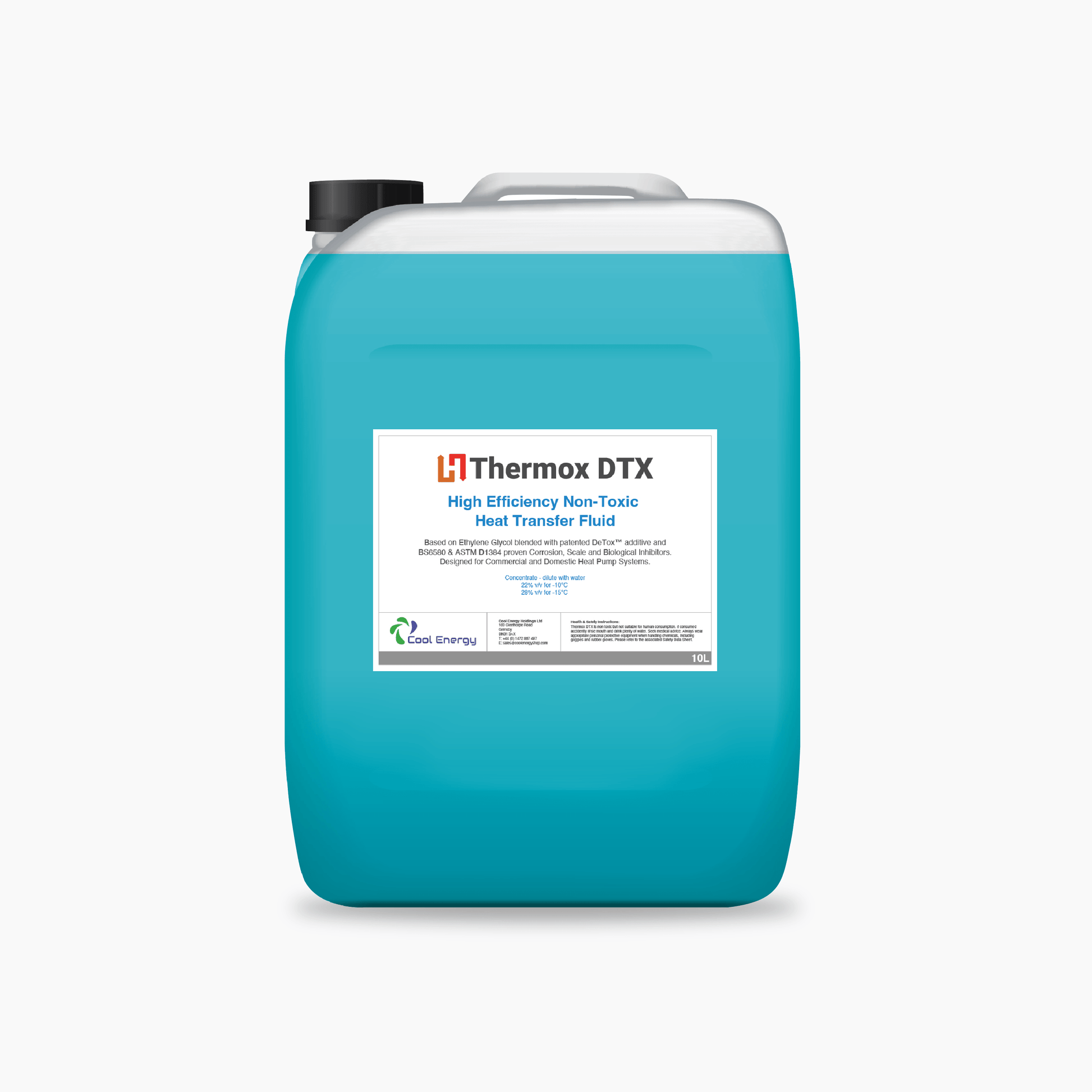Just How Heat Transfer Fluid Effects the Efficiency of HVAC Equipments
Just How Heat Transfer Fluid Effects the Efficiency of HVAC Equipments
Blog Article
Why Warmth Transfer Fluid Is Essential for Optimizing Power Transfer in Systems
The function of heat transfer fluids in maximizing energy transfer is critical for achieving efficient thermal monitoring throughout various commercial fields. These liquids help with seamless warmth exchange, making certain procedures operate within optimal temperature level arrays and alleviating the danger of overheating.

Duty in Thermal Monitoring
Warmth transfer fluids play a critical duty in thermal monitoring by successfully controling temperatures in various commercial processes and systems. These specialized liquids help with the transfer of warm between various parts, making certain ideal operating problems and avoiding overheating. By maintaining specific temperature level control, warm transfer fluids make it possible for markets such as chemical manufacturing, oil and gas, and power generation to operate securely and effectively.
The selection of a suitable heat transfer liquid depends upon several variables, consisting of thermal stability, warmth capability, and viscosity. High thermal security guarantees that the liquid can stand up to extreme temperature levels without weakening, while a high warm ability enables it to absorb and launch substantial quantities of warm - heat transfer fluid. Reduced viscosity reduces the power required for pumping, adding to overall system performance
Moreover, warm transfer fluids are important in applications like refrigeration, where they help take in and dissipate warm throughout the cooling cycle. In solar thermal energy systems, these liquids capture and transport solar heat to create power or offer warm water. Their versatility to diverse operating problems and ability to keep constant thermal efficiency underscore their relevance in industrial thermal administration, helping with functional connection and enhancing security measures.

Enhancing System Effectiveness
To maximize the advantages of thermal management, enhancing system effectiveness through the critical use heat transfer liquids is critical. These fluids play an important function in optimizing energy transfer by promoting constant thermal law, which consequently influences the overall performance and long life of systems. Efficient warm transfer leads to decreased power losses, decreased functional prices, and improved dependability of tools. By maintaining ideal temperature level levels, heat transfer liquids aid ensure that systems operate within their created criteria, thus preventing getting too hot and lowering the danger of element failing.

Types of Warmth Transfer Fluids
The variety of heat transfer fluids emphasizes their crucial role in a series of industrial applications, each tailored to fulfill specific thermal monitoring needs. These liquids promote reliable power transfer and are picked based upon essential buildings such as thermal security, viscosity, and heat capacity. The key types consist of water, glycol options, oils, and synthetics, each offering unique advantages.
Water is the most usual warm transfer medium due to its high click to find out more details warm capacity and reduced cost. Mineral oils are preferred for their thermal security and non-corrosive nature, making them suitable for high-temperature applications.

These fluids ensure superior performance in systems where traditional liquids may stop working. The selection of a heat transfer fluid is crucial, as it influences system efficiency, safety, and longevity.
Environmental and Economic Benefits
Making use of the ideal warm transfer fluids supplies considerable ecological and economic benefits for commercial operations. Eco friendly heat transfer liquids, commonly naturally degradable and safe, reduce the threat of soil and water contamination in the occasion of leakages or spills, thus protecting communities and conforming with stringent ecological regulations.
Economically, the best warm transfer liquid can significantly lower operational costs. Liquids with prolonged lifecycle performance lower the regularity of substitutes and maintenance, decreasing downtime and connected costs. Overall, the tactical use of ideal warmth transfer liquids supports lasting economic growth and environmental stewardship.
Selecting the Right Liquid
Exactly how does one navigate the complicated process of picking the best warmth transfer liquid for industrial applications? Thermal security makes certain the fluid can withstand high temperature levels without degrading, while compatibility prevents rust or various other detrimental responses with system elements.
Additionally, the liquid's warm capability and viscosity are extremely important. A high warmth capability allows the liquid to take in and transfer even more energy, boosting performance.
Conclusion
The tactical selection and application of warm transfer liquids are fundamental to enhancing power transfer throughout numerous systems. By making sure high thermal stability and ability, these fluids give precise temperature go to my site level control and enhance check my source total system performance. This optimization contributes to decreased functional expenses and reduced greenhouse gas exhausts, hence promoting sustainability. The choice of fluid, customized to particular viscosity and operational needs, is critical for taking full advantage of performance and attaining economic and environmental benefits in commercial procedures.
Report this page